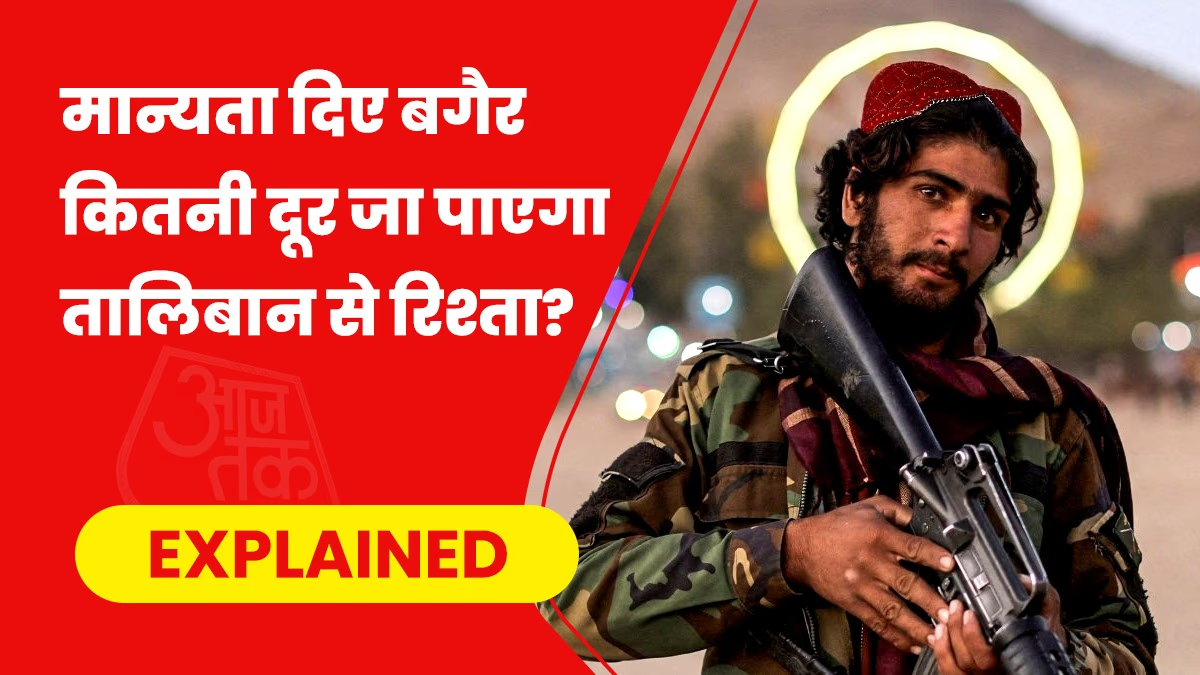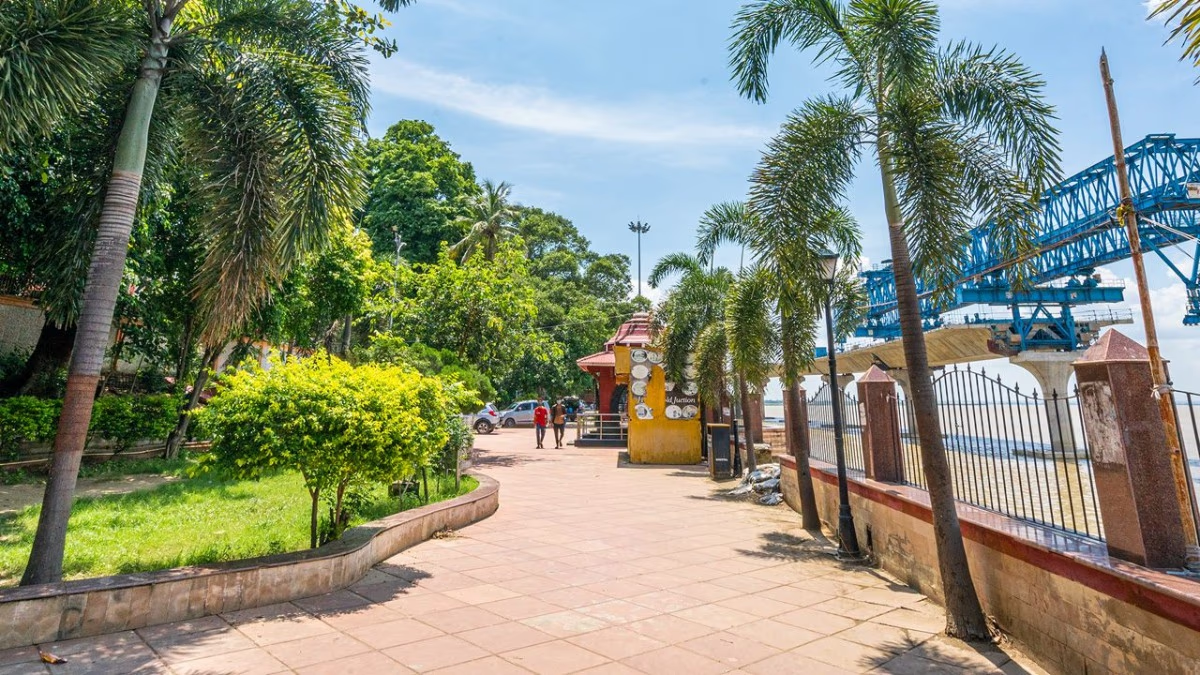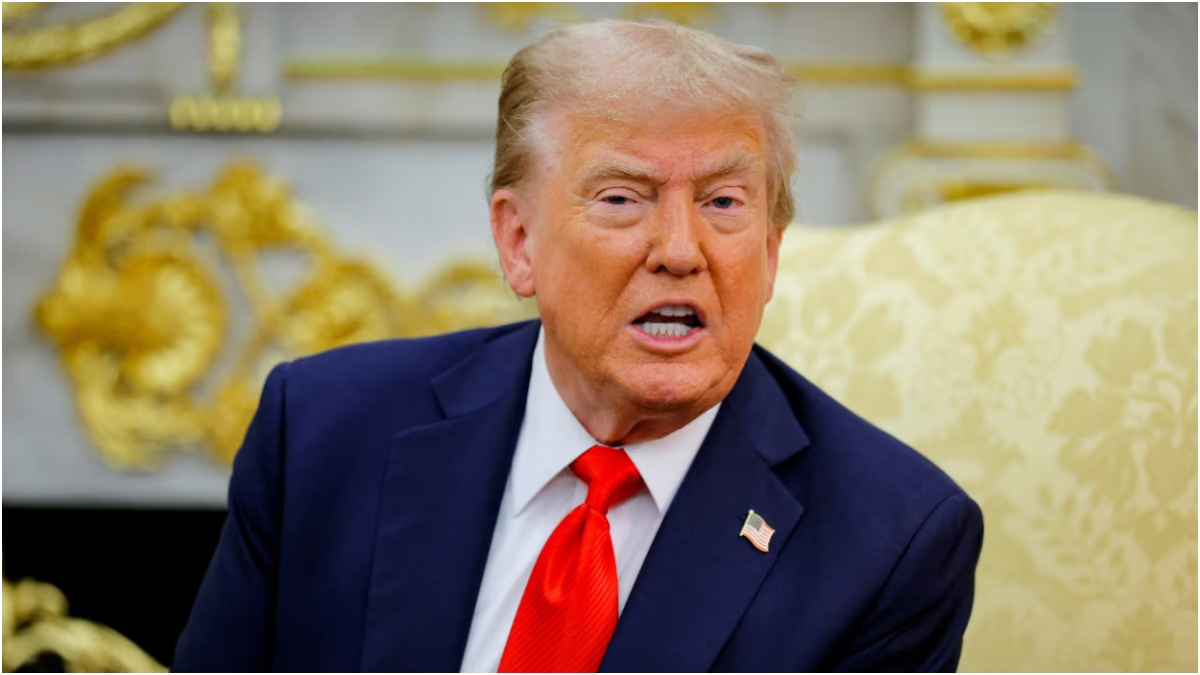In August 2021, the Taliban took over Kabul. Since then, most nations severed diplomatic relations with Afghanistan, even refraining from officially recognizing the Taliban as the country's government. India, too, distanced itself due to the Taliban's extremism, but recent events suggest a thaw in relations. Speculation is rife that the Taliban's Foreign Minister Amir Khan Muttaqi may soon visit Delhi, the same minister who was restricted by a UN travel ban for two decades.
Why Was Muttaqi Banned?
Amir Khan Muttaqi serves as the Foreign Minister of Afghanistan under the Taliban. He was previously Education Minister in the 90s and is among the Taliban's old guard. The UNSC, suspecting his involvement in the violence of the 90s, imposed a travel ban so strict that he was unable to travel to any country. The ban aimed to contain Taliban terrorism within Afghanistan. Though occasionally permitted by the UN for peace talks, recent Western softening toward the Taliban has led to the lifting of Muttaqi's travel restrictions.
India-Taliban Relations So Far
Their paths have often crossed, but walking together was never easy. In the 90s, when the Taliban first took control of Afghanistan, India refused to recognize the regime. It wasn't just the Taliban’s hardline stance and restrictions on women and girls, but also its close ties with Pakistan. Recognition could have made commuting to Delhi easier for the Taliban, potentially fueling terrorism in Kashmir. During this period, an Indian Airlines flight was hijacked from Nepal and landed in Kandahar, worsening relations further.
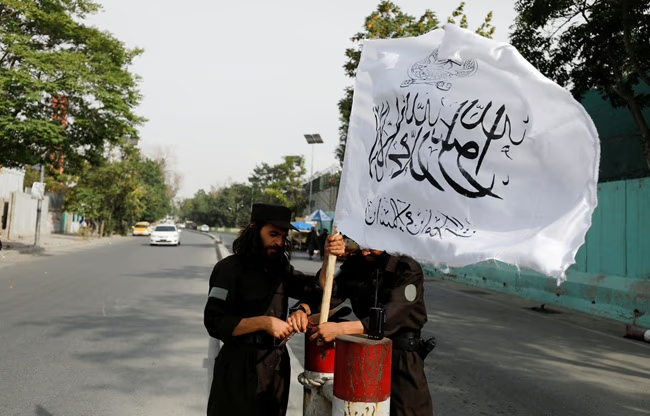
Source: aajtak
The Taliban 2.0: A Change in Attitude?
After the Taliban regained power in August 2021, India severed all diplomatic ties. Unlike the first time, their stance was somewhat softened. When Kabul faced a natural disaster, Delhi deployed a team for humanitarian assistance. Although the Taliban hasn't been recognized as a government yet, they aren't completely ostracized either.
Muttaqi’s visit to India comes at a time of regional instability. Nepal recently experienced violence, Bangladesh's wounds are fresh, and Sri Lanka and Pakistan are facing political and economic turmoil. China has been an ever-disruptive neighbor and has been increasing its influence in Afghanistan since the Taliban's return. It is crucial to mitigate this, even without granting recognition. Hence, India is forging limited ties with the Taliban.
Kabul Must Not Become a Breeding Ground for Pakistani Terrorists
Amid tensions with Pakistan, India's influence in Afghanistan becomes even more vital. Historically, Kabul has been used by Pakistan for activities against India. But the situation is different now. Under Taliban rule, relations between Islamabad and Kabul have soured. This presents Delhi with a golden opportunity to ensure Afghan soil isn't used for terror against India.
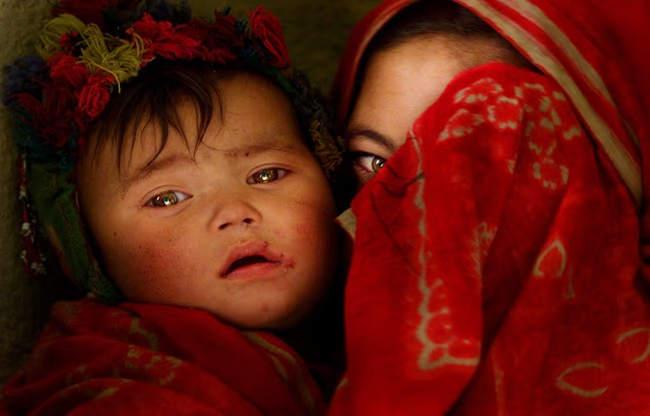
Source: aajtak
Why Delhi is Essential for Taliban Rule
For the Taliban, maintaining relations with India is crucial because India is not only a formidable neighbor but can also be a supporter in regional and global affairs. Since the Taliban's ascent, international aid to Afghanistan has dwindled.
In this scenario, India can provide economic support and act as a bridge to improve relations with other countries. India is a significant power among Asian nations. With its support, the Taliban’s global image can improve, making recognition easier.
The Taliban has historically aligned with Pakistan, but this alliance has been precarious, akin to promises made under the influence of alcohol. Once the intoxication fades, so do the promises. Recently, Pakistan accused the Taliban of inciting militant groups to bring instability within its borders, leading to conflict along the Afghanistan-Pakistan border, causing any remaining threads of friendship to almost fully snap.
Is Recognition Possible?
Not in the near future. The Taliban 2.0 may claim to be more liberal, but the situation remains complex. Since their return, women’s rights in Afghanistan have been increasingly curtailed. Young girls are barred from formal schooling post-puberty and cannot travel alone. Even structures like female-only hospitals are weakening. In the face of such human rights violations, India cannot possibly grant official recognition. However, diplomacy could potentially temper their strictness, allowing for future progress in this direction.
